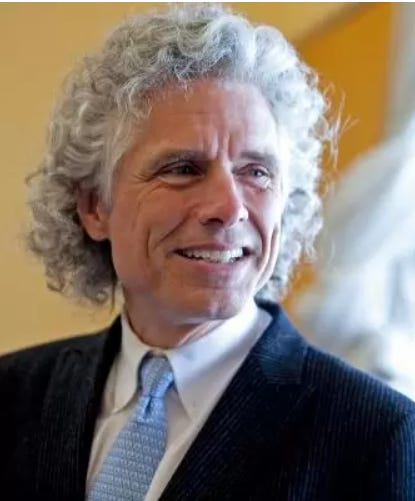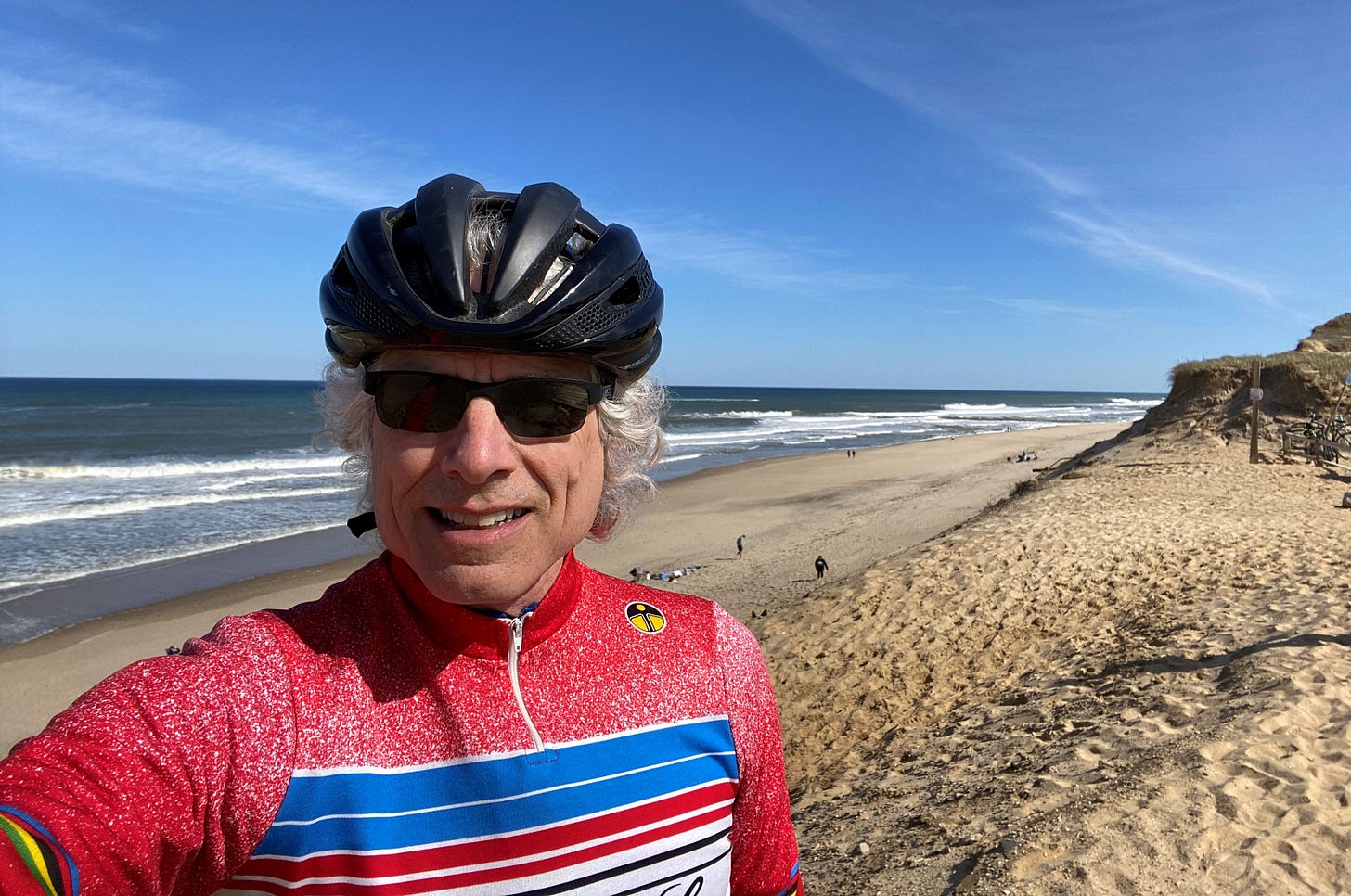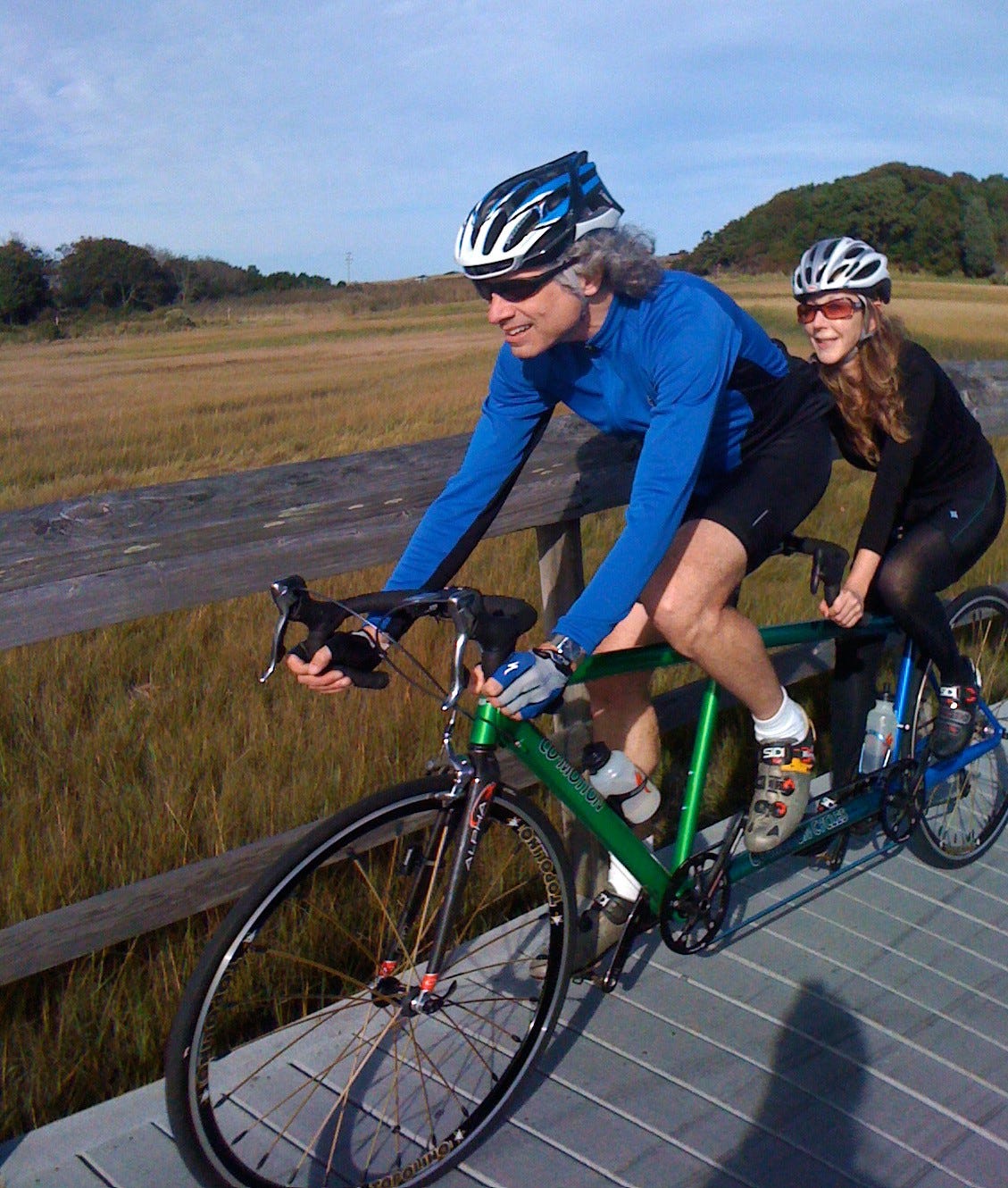The Reach Out: Steven Pinker
With very few exceptions, the Harvard professor and author exercises outdoors. What motivates him to keep active?
Steven Pinker is the Johnstone Family Professor in the Department of Psychology at Harvard University where he conducts research on language, cognition, and social relations.
Pinker is the author of twelve books, including The Language Instinct, How the Mind Works, The Blank Slate, The Stuff of Thought, The Better Angels of Our Nature, The Sense of Style, Enlightenment Now, and, his most recent, Rationality: What It Is, Why It Seems Scarce, Why It Matters. He has written for the New York Times, Time, and The Atlantic.
Pinker is an elected member of the National Academy of Sciences, a two-time Pulitzer Prize finalist, a Humanist of the Year, a recipient of nine honorary doctorates, and one of Foreign Policy’s “World’s Top 100 Public Intellectuals” and Time’s “100 Most Influential People in the World Today.”
I spoke with Dr. Pinker about his exercise routine and his motivation for keeping active.
Is being active a priority for you?
I try to get aerobic exercise at least five times a week and I prefer to exercise outdoors where there is changing scenery — cycling, jogging, hiking, and kayaking are my favorites. I dislike gyms and stationary equipment.
My one concession to indoor exercise came during COVID, when I used bike rollers, which I find much more enjoyable than a stationary bike. You have to balance on a bike roller and you’re able to vary the resistance. It’s still not nearly as good as cycling outdoors, but there are now videos of different routes all over the world, so you can pretend that you're cycling the Alps or the streets of London.
Do you maintain your exercise routine while traveling?
I do a lot of traveling, so I will make a point of hiking or going for long walks while I'm away. If I'm on the road for more than a week, I will make another concession and use the treadmill in my hotel gym.
Do you like to wear a fitness monitor?
Not really. Decades ago, I had a Seiko watch with a chest heart rate sensor, which occasionally worked. And before bike computers and GPS, I had a little gizmo I got from Brookstone that allowed me to roll a little wheel along my route on a paper map, and then a little dial would tell me how many inches I’d run or cycled, which I multiplied by the scale on the map.
Nowadays, I record my workouts on Strava. Being on sabbatical this past year, living on a steep hills in Berkeley, California, the Strava records altitude gained as well as my mileage, which makes me feel better, because the thousands of feet gained makes up for the pathetic average speeds.
What motivates you to exercise regularly?
One of them is to avoid dying of a heart attack the way many of my male relatives did when I was growing up. I remember the phone would ring and I would learn that a relative in his 40’s or 50’s had just died of a heart attack. Three of my uncles and many of my father's male friends died young. They were the generation that viewed exercise as being bad for you. I appreciated that exercise increases your chances of making it out of your 50’s alive (I’m 67).
Another motivator is to stay trim and have energy for day to day life. I want to be able to climb stairs, run for a train, do errands, and feel energized, not fatigued. Since I spend a lot of time sitting behind a desk, exercise also allows me to get outside, see my surroundings, and experience my city.
When you’re exercising, do you listen to music or stick with the sounds of nature?
When I’m cycling outside, for safety reasons, I don't listen to anything. When I hike, I listen to the chirping birds and babbling brooks. When I jog, I wear headphones to listen to music because I don't really enjoy running and it makes the experience more appealing. When I’m tandem cycling with my wife, Rebecca Goldstein, it’s just our conversation.
How do you think we can encourage kids and teens to be more active?
I think we should encourage kids to do activities that they find pleasurable — that don't feel like punishment or involve challenges where they're bound to fail.
I was not an athletic kid and I was overweight. I was constantly being forced to do activities at school or camp that I was just not very good at. Even “playing” baseball as a kid didn’t amount to very much actual exercise because I spent most of the time standing in the outfield, hoping a ball wouldn’t fly out to me.
Similar to today, there was a lot of concern in the 60’s and 70’s that kids were getting fat and out of shape. In my last year of high school, the gym teacher implemented a program in which students had to run around the perimeter of the school yard. It was at the start of the jogging revolution. The other kids bitched and moaned but I took to it because it was something I could do — and I lost weight and looked better.
Thank you, @sapinker😀
Please subscribe (it’s free!) to read about how familiar faces keep active and fit.😀
If you enjoyed this interview, please share it on social media.
Please follow me on Twitter @The_Reach_Out







